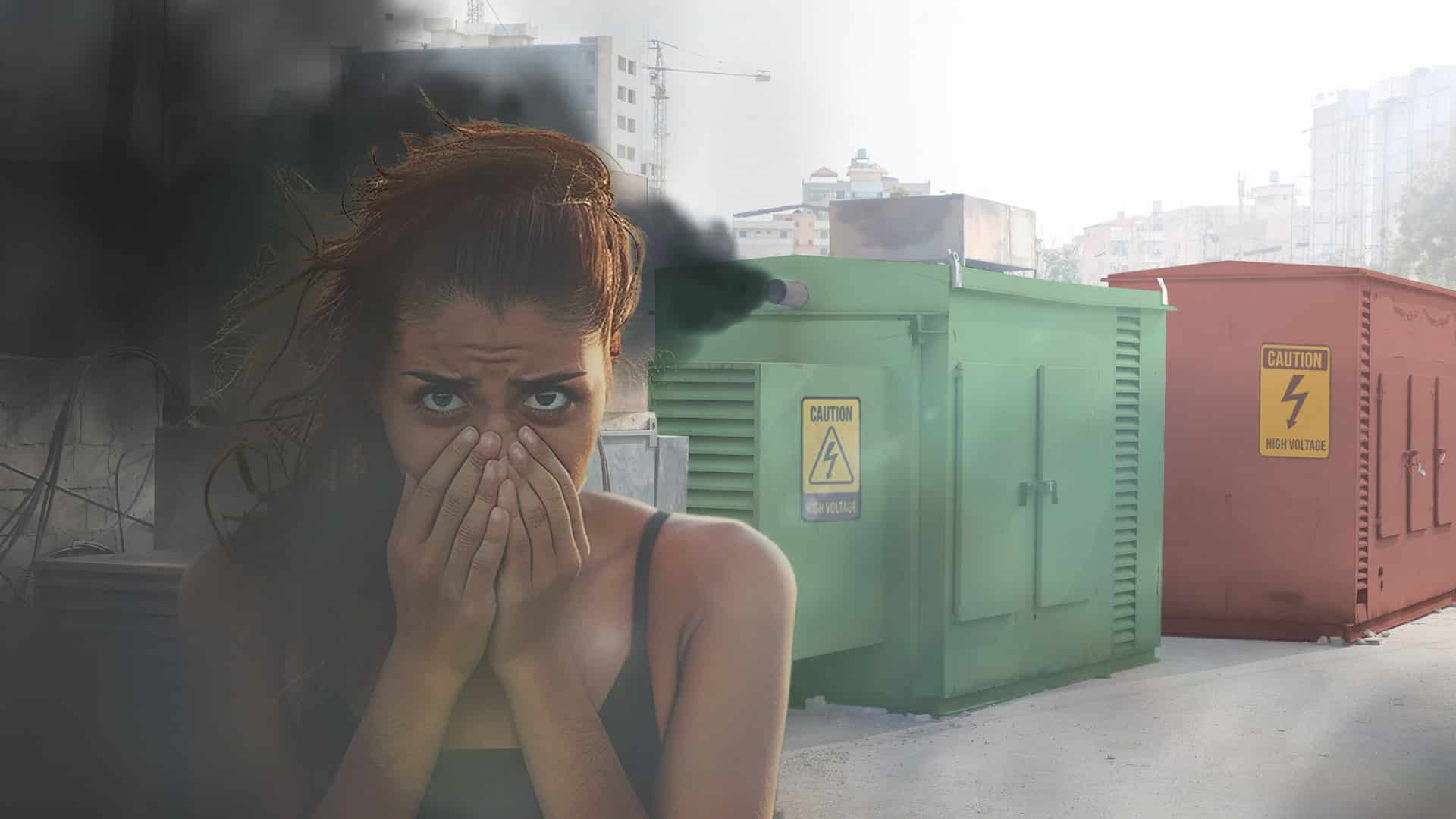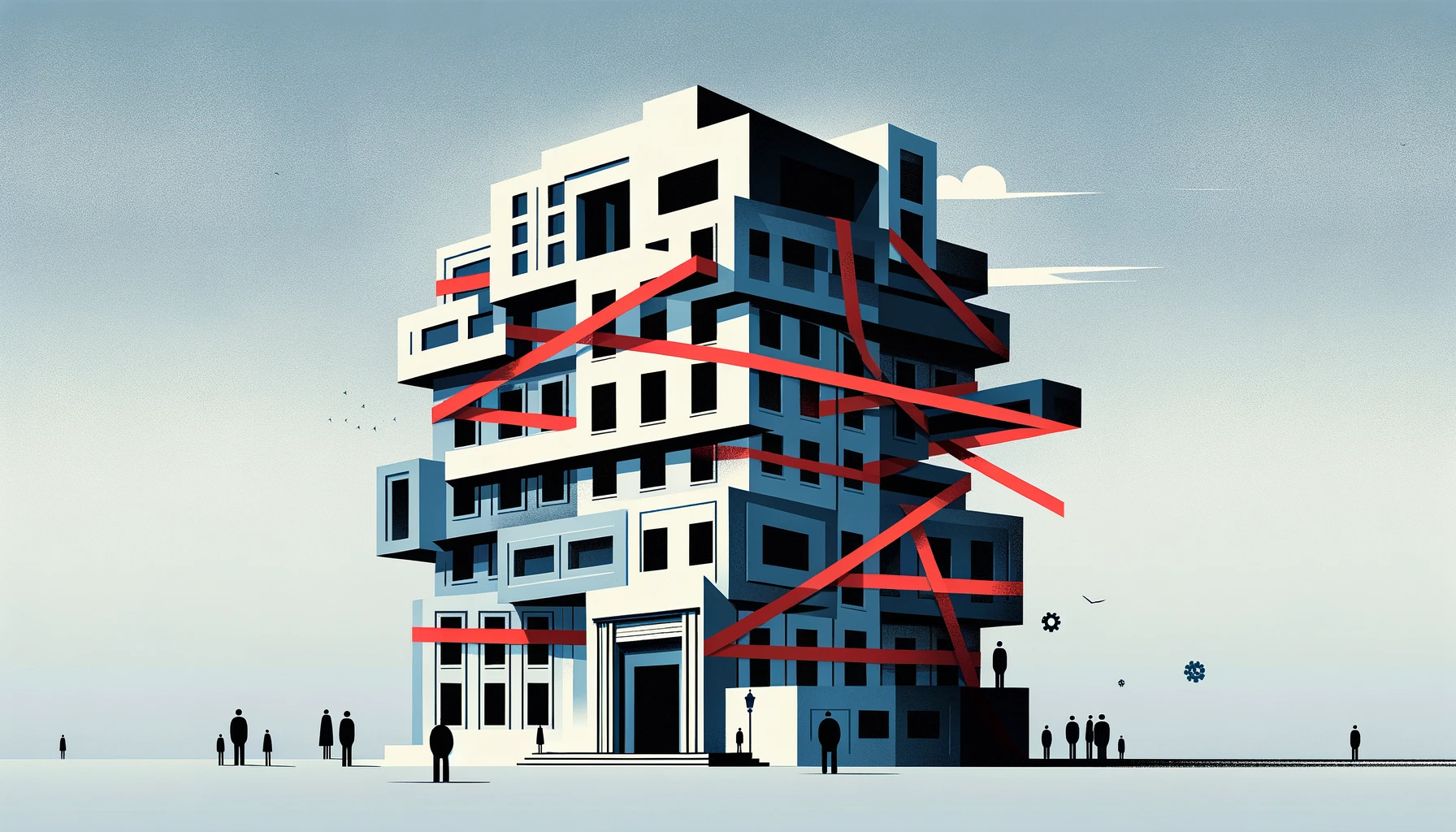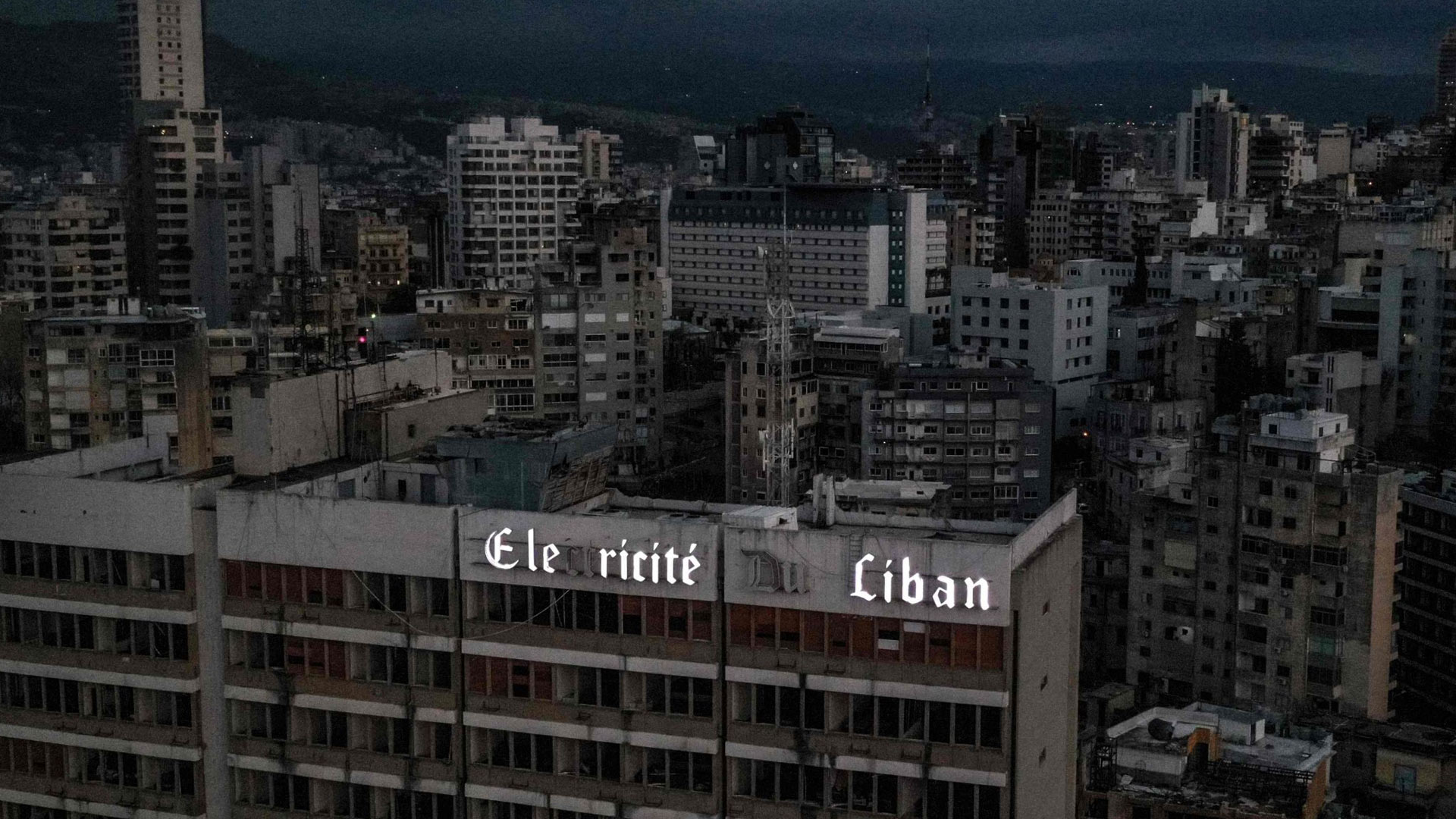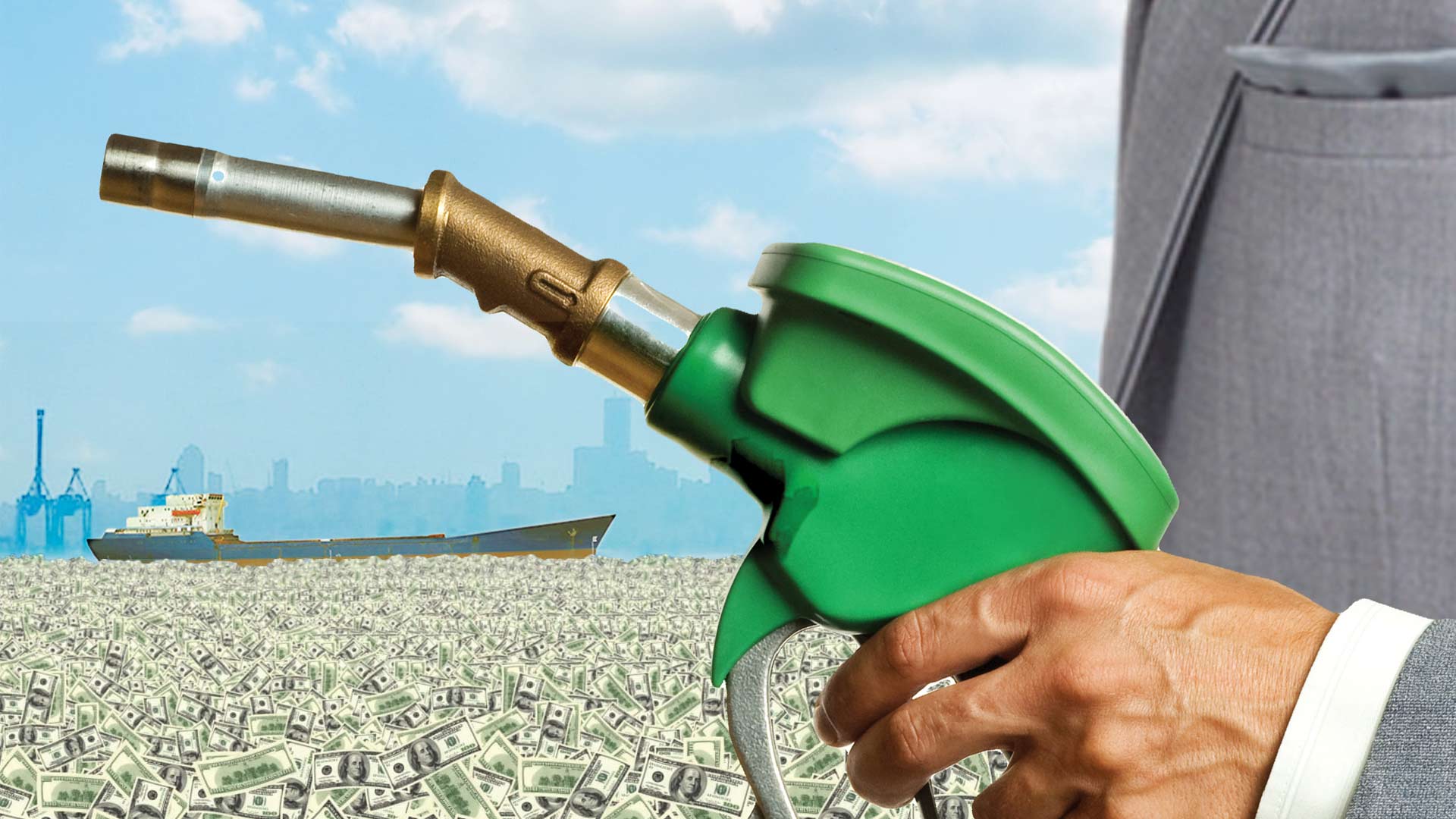Inequity in Lebanon is rarely as stark as in the baking heat of summer, when the rich keep cool in the comfort of air conditioning (AC) and the poor are left to sweat it out.
The distinction lies in whether one relies on the beleaguered public power company, Electricité du Liban (EDL), which provides a maximum of four hours of electricity per day, depending on where one lives.
Lebanon’s rolling blackouts, the bane of daily life for most households, only worsened following the 2019 economic collapse, and are made worse still during the hotter months due to rampant AC usage.
Lebanon’s ever-dependable private generators have been stepping into the gap for years and are now offering 24/7 electricity access – to those who can afford it.
For an extraordinary $320 per month, or just under $4,000 annually, households in central Beirut can access a premium service, sufficient to run two standard AC units simultaneously day and night.
The country’s electricity crisis has its roots in the post-civil war period when EDL opted to continue relying on expensive fuel-powered thermal plants to produce power.
The company also set tariffs in the 1990s and didn’t raise them again until 2023, allowing inflation to eat away at their value. Lax bill collection, systematic customer non-payment, and electricity theft created further long-term revenue leakages.
Consequently, EDL hasn’t been remotely close to recovering costs for some three decades, precipitating a cycle of underinvestment and poor coverage.



